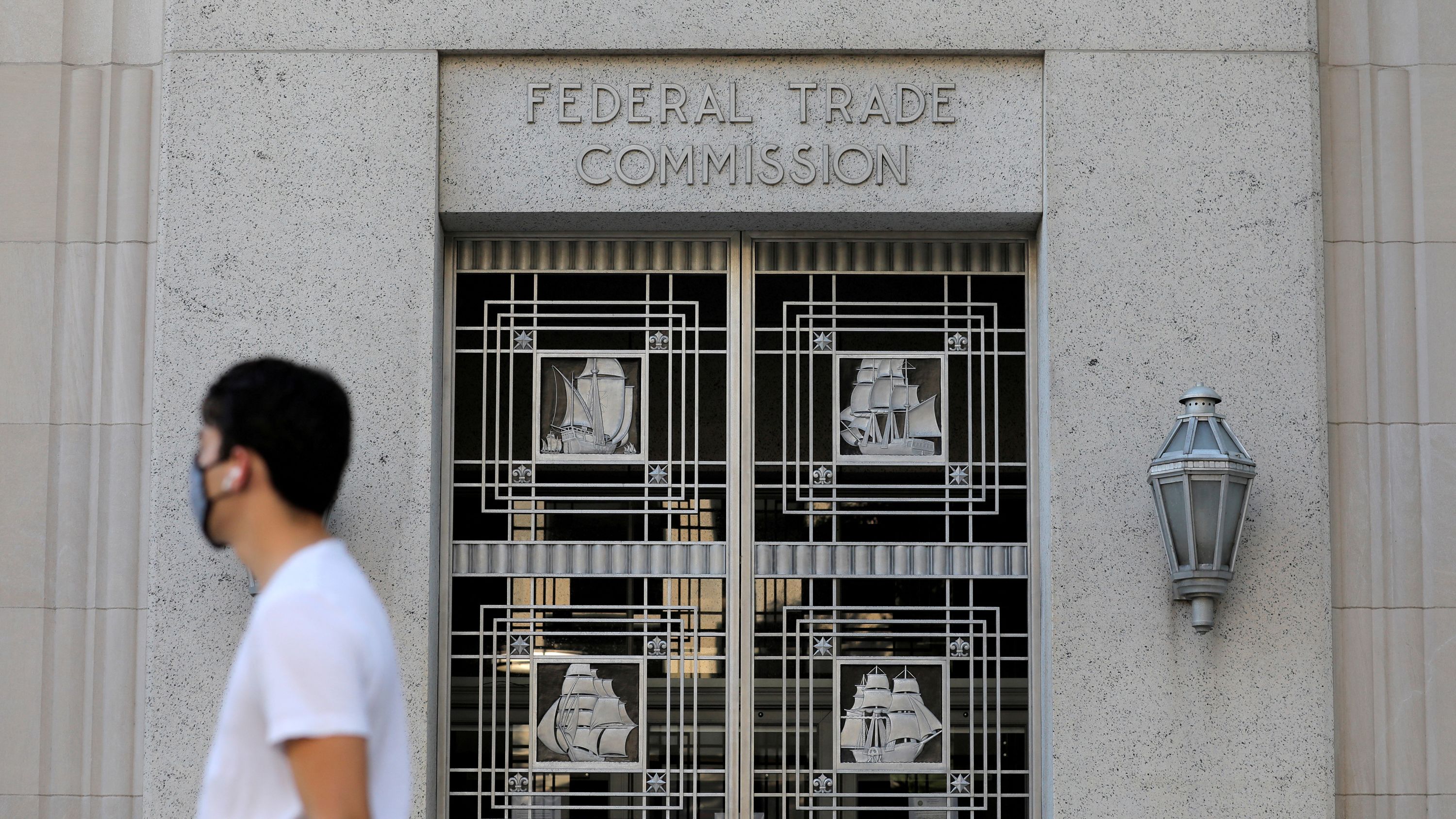A federal judge in Texas on Tuesday barred a US Federal Trade Commission rule from taking effect that would ban employers from requiring their workers to sign non-compete agreements.
The ban, which had been scheduled to go into effect nationwide on September 4, is now effectively blocked.
US District Judge Ada Brown in Dallas said the FTC does not have the authority to ban practices it deems unfair methods of competition by adopting broad rules.
“The Court concludes that the FTC lacks statutory authority to promulgate the Non-Compete Rule, and that the Rule is arbitrary and capricious. Thus, the FTC’s promulgation of the Rule is an unlawful agency action,” Brown wrote in her order. “(The rule) is hereby SET ASIDE and shall not be enforced or otherwise take effect on September 4, 2024, or thereafter.”
Brown had temporarily blocked the rule in July for a small number of employers while she considered a bid by the US Chamber of Commerce, the country’s largest business lobby, and tax service firm Ryan to strike it down entirely.
Brown in her ruling said that even if the FTC had the power to adopt the rule, the agency had not justified banning virtually all noncompete agreements.
“The Commission’s lack of evidence as to why they chose to impose such a sweeping prohibition … instead of targeting specific, harmful non-competes, renders the Rule arbitrary and capricious,” Brown wrote.
FTC spokesperson Victoria Graham said the agency was disappointed with the ruling and is “seriously considering a potential appeal.”
“Today’s decision does not prevent the FTC from addressing noncompetes through case-by-base enforcement actions,” Graham said in a statement.
And the White House said the administration still supports a ban on noncompete agreements, which the FTC has said roughly 20% of workers have signed.
“Special interests and big corporations worked together today to prevent nearly 30 million hardworking Americans from being able to get better jobs or start small businesses,” said press secretary Karine Jean-Pierre in a statement. “The Biden-Harris Administration will keep fighting to empower workers to choose where they work, to start a business, and to get the pay they deserve, and continues to support the Federal Trade Commission’s ban on noncompete agreements.”
The US Chamber of Commerce, meanwhile, celebrated the ruling.
“This decision is a significant win in the Chamber’s fight against government micromanagement of business decisions. A sweeping prohibition of noncompete agreements by the FTC was an unlawful extension of power that would have put American workers, businesses, and our economy at a competitive disadvantage,” Chamber President and CEO Suzanne Clark said in a statement.
The Democratic-controlled FTC approved the ban on noncompete agreements in a 3-2 vote in May. The commission and supporters of the rule say the agreements are an unfair restraint on competition that violate US antitrust law and suppress workers’ wages and mobility.
The commission often adopts rules that target specific industries, such as requiring telemarketers to make certain disclosures or mandating that gas stations display fuel ratings, but it is unusual for the agency to enact bans on more widespread business practices.
Business groups have argued that Congress never intended to give the FTC those broad powers and that banning noncompetes will make it difficult to safeguard trade secrets and other confidential information.
Last week, a federal judge in Florida ruled that the ban was likely invalid and blocked it from being applied to a real estate developer. But a judge in Philadelphia went the other way in July, finding that the FTC reasonably concluded that noncompetes are virtually never justified.
What’s next
While the FTC’s blanket ban has now been struck down and employers nationally can continue using noncompete agreements that comply with existing state-specific restrictions, the ban might be resurrected if the FTC appeals, or even seeks an emergency order from the appellate court to let the rule take effect as scheduled while the appeal plays out, according to attorneys at the law firm Fisher Phillips.
But the chances for success on either front are not great, they said in a post about the ruling.
“(A)ny appeal would be heard by the notoriously business-friendly 5th Circuit Court of Appeals (in Texas), where the odds of the rule being resurrected are slim. And the next step after that would be a potential visit to the Supreme Court, which has taken direct aim at the regulatory state in recent years and is likely a hostile environment for any attempt by the FTC to wield such power.”
Win or lose on appeal, however, getting a final resolution won’t be quick, said Katie Lonze, assistant general counsel at human resources firm Engage PEO. “That litigation could take years.”
CNN’s Tami Luhby contributed reporting.
Correction: An earlier version of this article left out the "k" in Suzanne Clark's last name.









